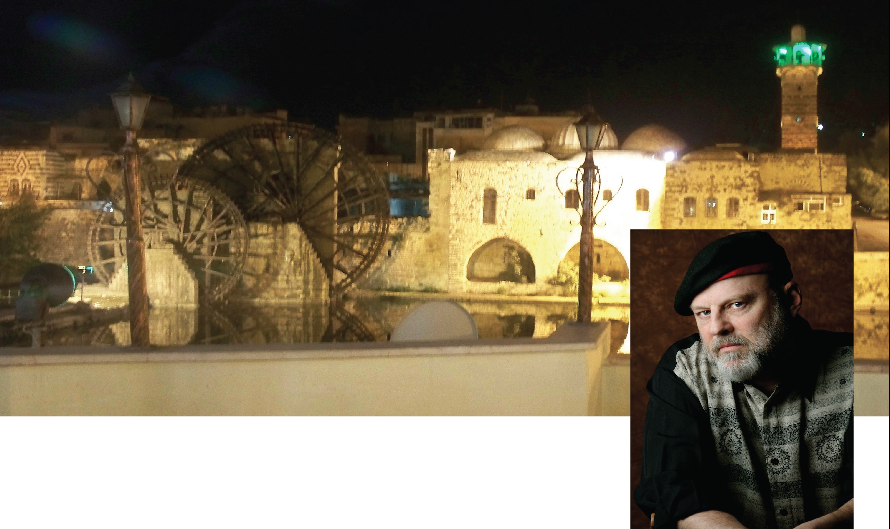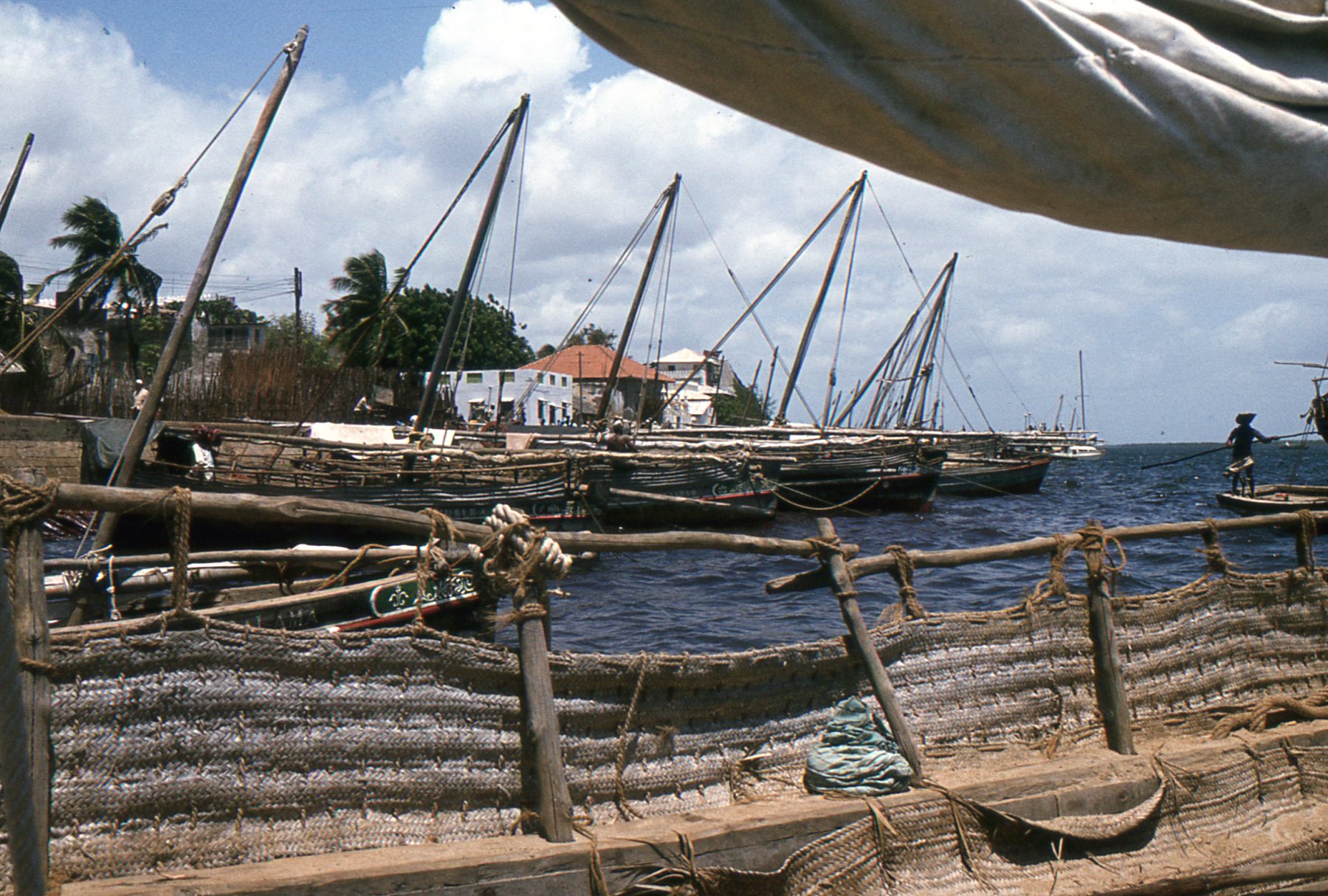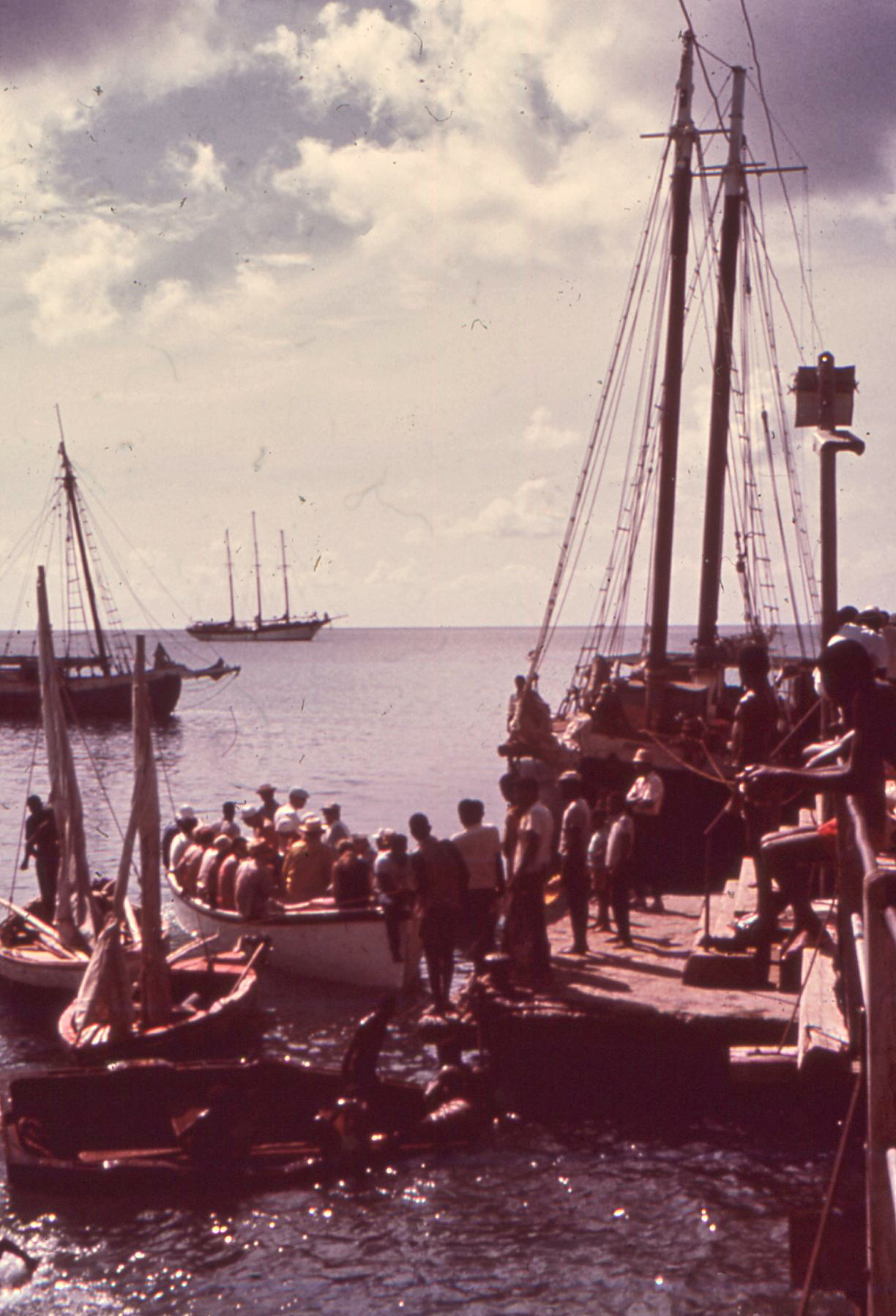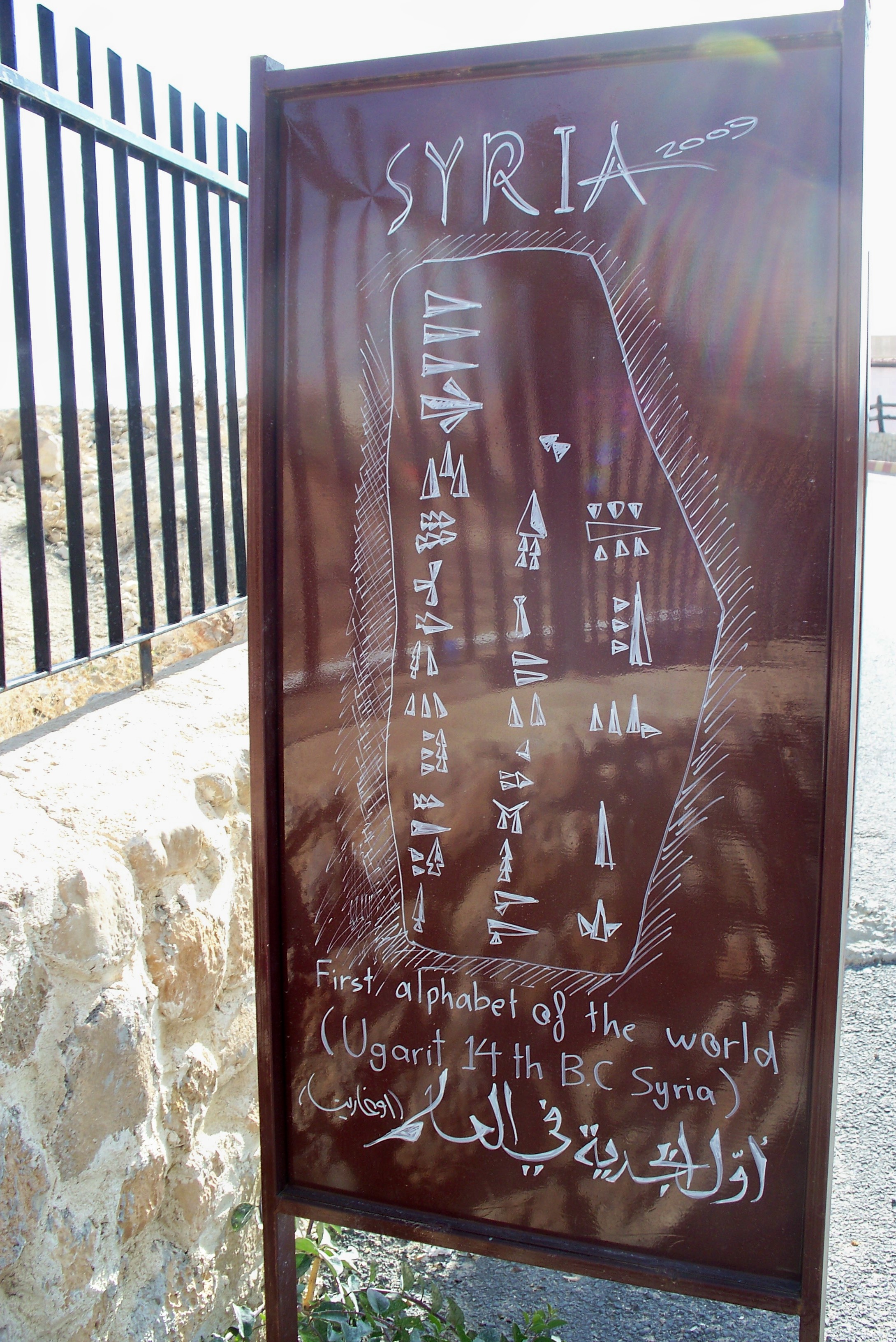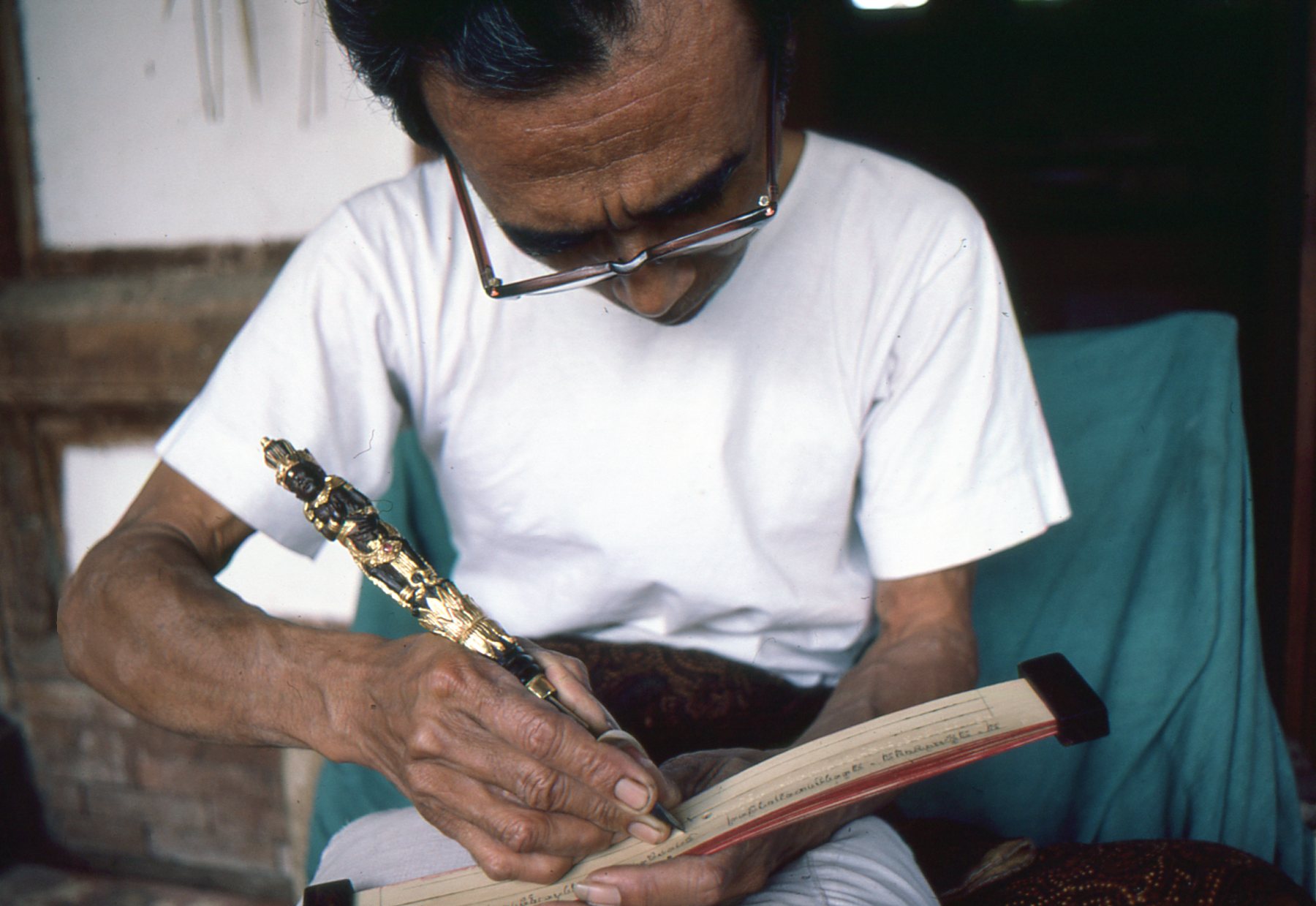22 April 2015
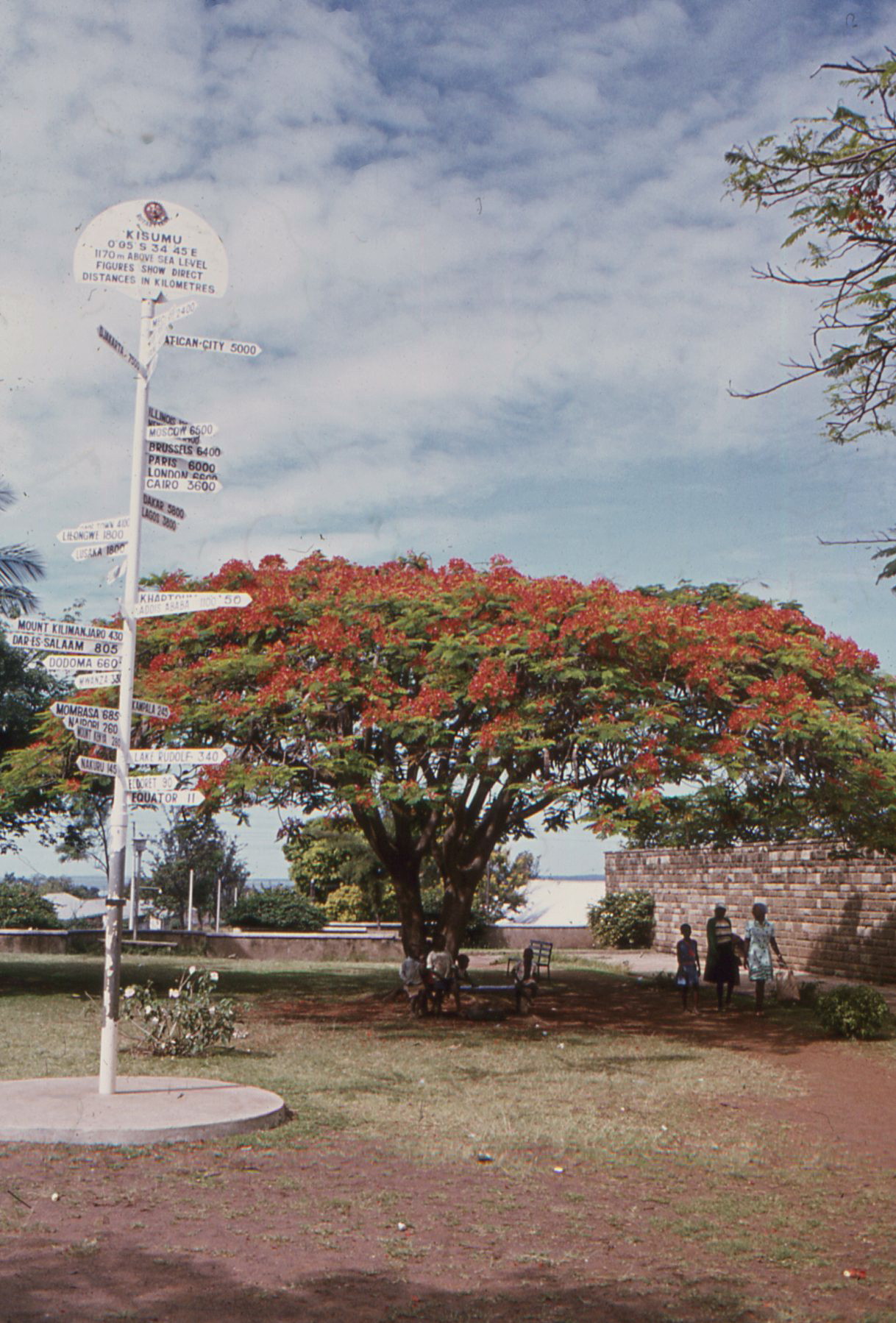
From the shores of Lake Victoria, it’s a long, long way to anywhere—except the Equator (bottom sign).
To travel is to dive headlong into uncertainty. Familiar shores are abandoned. The lifeline is cast loose. Habits, styles, expectations: all must be trimmed and stowed away, if not jettisoned altogether.
The traveler is adrift on the sea of the world. She rises and falls with the waves; at times seeing with far greater distance and clarity than is possible ashore. At other times, in the trough of the waves of experience, only the immediate can be seen—and that, unclearly.
Space and time become fluid, evanescent. At one moment the world seems simple, unchanging, like gentle ripples on the surface of the waves. At the next, it surges and rages in complexity and upheaval: white foam breakers on the edge of a reef.
There are islands of shelter and comfort, of course, and from time to time the traveler washes ashore, soaked to the skin from repeated duckings and immersions in foreign wavelets. At such moments, the life of the island has its own allure, as the inhabitants tread a steady round of activities, safely snug and dry. A rest appears in order.
But after the traveler has been ashore for some time, he begins to notice the smallness of the island; the narrow circumference within which the safe, dry life is led. He finds himself down on the shore at night, reveling in the ocean spray on his face and feeling the pull of the tide on his feet.
To the islanders, the sea beyond is at best shapeless and meaningless. At worst, it is a danger. There are storms and crashing breakers, vague wave patterns that cause uneasiness in the mind.
Yet the traveler finds herself drawn ever more powerfully to the water’s edge. Its very uncertainty is a lure. She senses that there—beyond or between the islands—lie meanings and patterns that shape much that the island does. What causes the storms? Can the wave patterns be predicted? Are all the islands the same? What others are adrift on the sea, and why?
The islanders counsel him to remain. “Life is meant to be dry,” they say. “It is in the nature of things. But wetness . . .” At this they shudder. “Wetness means immersion.”
For awhile the traveler listens, swayed by the sheer number of those who believe in the island, and dryness.
But her nights are spent on the shore. Listening: to the wind as it blows across the surface of the shifting waves. Watching: where the moon sparkles and plays and leads a golden trail of enticement over unknown depths.
Is that a voice, distant on the wind? A glimpse of non-island worlds half-seen beneath the shadow of the waves?
How far could one go if one didn’t just drift, but swam?
How wide is the ocean?
The tide pulls. The darkness calls. And then . . .
The arc of a diver
Shoes on the beach
World murmurs softly
Just out of reach.
In the morning the tide returns and washes even the shoes away. And again, the traveler is adrift on the sea of the world.
